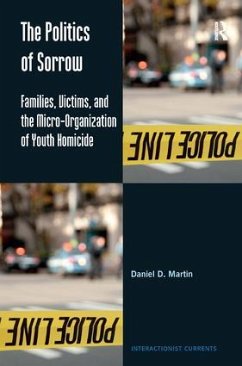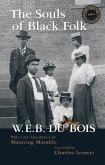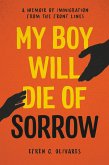Drawing on several years of research with grief support organizations and the families and friends of murdered children, this book examines the emotional experience of families in the aftermath of a homicide. It examines the politics of sorrow, offering a comparative analysis of White and African-American families as they navigate the experience of homicide, shedding light on the ways in which the class location or ethnicity of mourners affects their experience. Analyzing the manner in which police and other authorities differentially extend emotional support to bereaved families, notify them of a homicide, or assign blame, The Politics of Sorrow reveals how 'disenfranchised grief' comes to be an institutionalized outcome of their practice. The book further examines the effects of 'announcement shock' and the importance to the family of the moral career of the deceased, as they seek to manage his or her identity, often dealing with their grief through an active pursuit of justice in court, or through political involvement with a grief support organization, which mobilizes families in pursuit of its political ends. A rigorous study of stigma, identity, and stratified experiences of grief, The Politics of Sorrow will appeal to sociologists interested in interactionist methods, race, class, and emotion.
Hinweis: Dieser Artikel kann nur an eine deutsche Lieferadresse ausgeliefert werden.
Hinweis: Dieser Artikel kann nur an eine deutsche Lieferadresse ausgeliefert werden.








